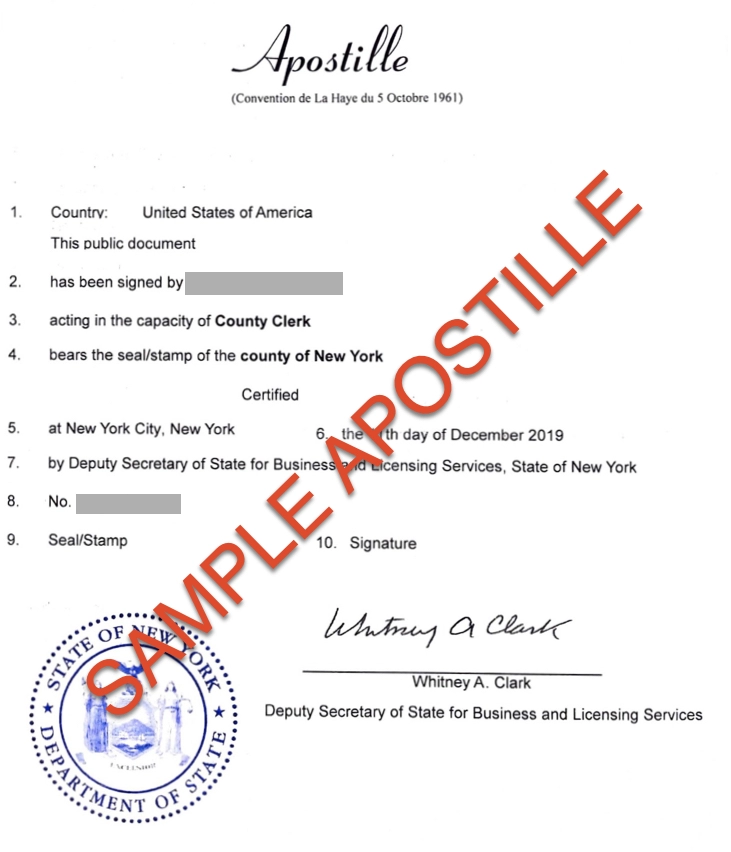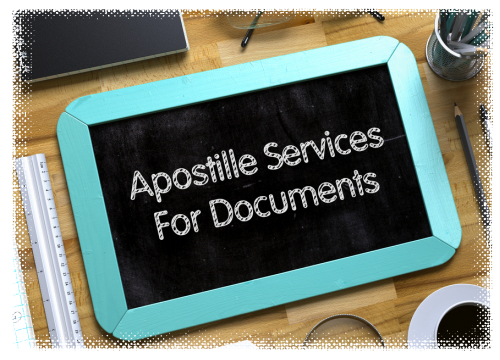Trustworthy Houston TX Apostille Solutions for Your Lawful Documents
Trustworthy Houston TX Apostille Solutions for Your Lawful Documents
Blog Article
Introducing the Critical Duty of Apostille in Simplifying International Document Validation Procedures
In the world of worldwide affairs, the recognition of papers holds extremely important relevance. In the middle of the internet of governmental treatments and differing lawful needs throughout various countries, the duty of apostille becomes an essential facilitator in simplifying the process. By affixing an apostille to a paper, it undertakes a streamlined recognition that is identified throughout many countries, therefore reducing the concerns connected with cross-border file verification. As we look into the details of this specialized certification, the nuances between apostille and standard recognition techniques emerge, shedding a brand-new point of view on the efficiency and efficiency of this crucial yet usually forgotten process.
Comprehending Apostille Basics
In the world of paper recognition for global usage, realizing the fundamental principles of apostille authentication is essential. An apostille is a customized certification that verifies the credibility of a file for usage in international nations that belong to the Hague Apostille Convention. Comprehending the fundamentals of apostille includes recognizing that it does not validate the material of the file but rather certifies the trademark and seal of the issuing authority. This qualification simplifies the procedure of global paper validation by making sure that the paper will be identified as real in countries that are events to the Apostille Convention.
Apostilles are commonly released for important documents such as birth certifications, marriage certifications, and scholastic records. The crucial components of an apostille include the name of the country where it was issued, the name of the individual signing the paper, the ability in which the individual signed the document, the seal or stamp of the providing authority, and the day of issuance. By comprehending these fundamental facets of apostille authentication, people and organizations can browse the intricacies of international file validation with self-confidence and performance.
Advantages of Apostille for Validation

Additionally, the apostille simplifies the confirmation procedure by providing a standard certificate that confirms the authenticity of the paper, such as birth certifications, marital relationship licenses, notarized deeds, and academic records. This standard format decreases the risk of denial due to unfamiliarity with international documents, therefore enhancing the efficiency of cross-border purchases.
Furthermore, the apostille helps in eliminating the need for multiple layers of verification by government authorities, as the apostille itself signifies the document's credibility. This not just increases the paper validation procedure yet likewise reduces the linked prices and administrative hurdles, making it a affordable and hassle-free option for people and companies taking part in worldwide tasks.
Simplifying Cross-Border Record Verification
Streamlining cross-border paper verification, the apostille removes the need for extensive and often complicated validation treatments generally called for when offering papers in international nations. By fastening an apostille to a document, the releasing nation licenses the authenticity of the document, making it readily appropriate in various other countries that are part of the Hague Apostille learn this here now Convention.
Moreover, the apostille system boosts the protection and reliability of cross-border document recognition by giving a clear and globally accepted mechanism for validating the credibility of files. This simplification of verification refines not only advantages individuals and services looking for to operate internationally yet additionally fosters smoother interaction and partnership between countries by making certain the reliability of shared paperwork.
Importance of Apostille in Legalisation

Apostille guarantees that lawful files such as birth certifications, marriage certifications, powers of attorney, and court papers are identified and approved in international territories. This is particularly vital in legal matters such as international fosterings, immigration processes, or service purchases that involve celebrations from various countries. The apostille process decreases the time-consuming procedures and governmental difficulties commonly related to file legalisation, making international deals a lot more efficient and lawfully binding. Finally, the value of apostille in the legalisation of worldwide records can not be overemphasized, as it facilitates smooth cross-border communications and guarantees the validity and authenticity of lawful documentation.
Apostille Vs. Conventional Validation Techniques
Contrasting apostille with traditional validation approaches exposes unique differences in the effectiveness and simpleness of paper verification processes for global usage. Apostille, as a standardized and structured approach developed by the Hague Convention, offers a much more uncomplicated method to verifying records compared to standard methods. Conventional validation processes usually entail numerous steps, including registration, certification by government authorities, and consular legalization, which can be taxing and troublesome.
Apostille, on the various other hand, simplifies this procedure by certifying papers with a solitary apostille certificate issued by a qualified authority in the nation where the record originates (Houston TX Apostille). This you could look here certification is identified by all participant nations of the Hague Convention, getting rid of the demand for additional embassy legalisation. Therefore, apostille dramatically minimizes the moment and effort required for document validation, making it a favored choice for people and organizations entailed in worldwide deals
Verdict
To conclude, apostille plays a vital duty in streamlining worldwide paper validation processes by supplying a standardized technique of authentication that is recognized across getting involved countries. By improving the legalisation procedure, apostille eliminates the requirement for several layers of validation, minimizing time and prices related to cross-border paper authentication. This reliable system benefits people and companies looking for to use foreign documents for lawful purposes, guaranteeing smoother global purchases.
By fastening an apostille to a document, it undertakes a streamlined recognition that is recognized throughout various countries, therefore reducing the problems connected with cross-border document authentication. Streamlining cross-border paper verification, the apostille gets rid of the demand for often complex and prolonged recognition treatments commonly required when providing files in foreign nations. By linked here affixing an apostille to a record, the issuing nation licenses the credibility of the paper, making it conveniently appropriate in various other countries that are part of the Hague Apostille Convention. By fastening an apostille to a record, the providing nation certifies the credibility of the signature, seal, or stamp on the record, making it legitimate for usage in one more member nation of the Hague Apostille Convention without the requirement for further legalisation.

Report this page